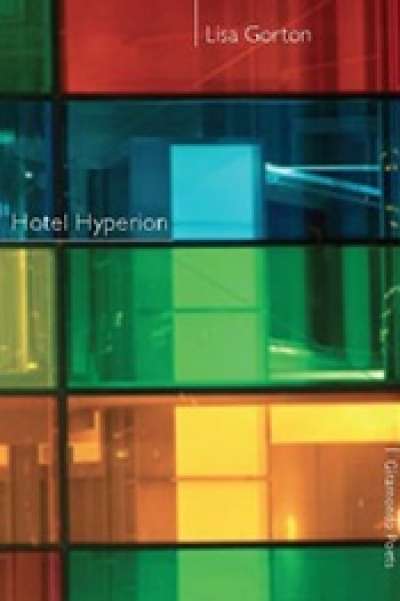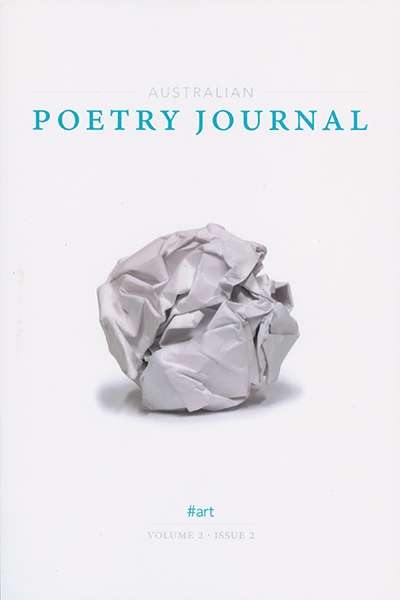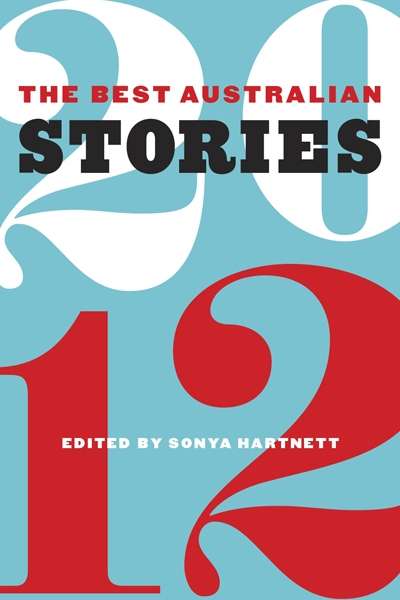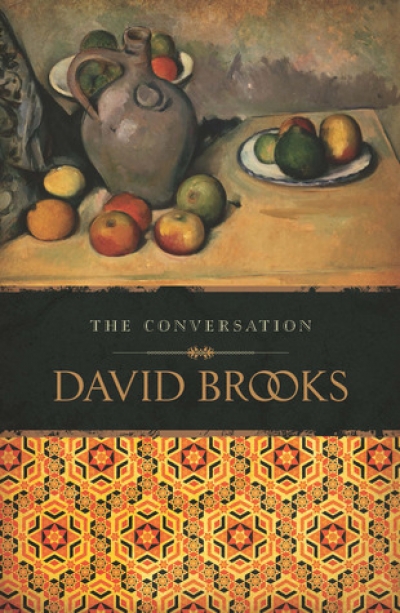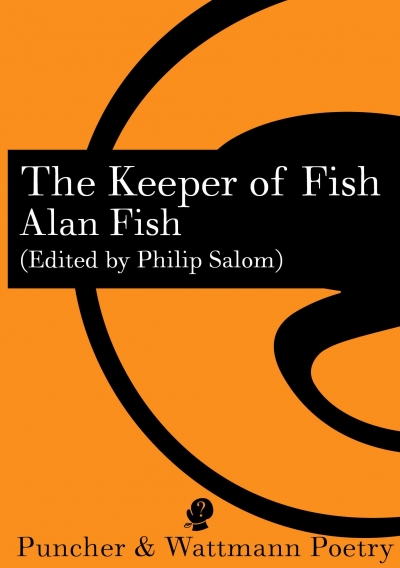Cassandra Atherton
I wish I had been painted by Millais. Maybe not as Ophelia in a tepid bath.
Perhaps as Lady Macbeth. Or Titania. Or Portia. Not Brutus’s Portia. Portia from
The Merchant of Venice. I used to make you sit on a little wooden stool and pretend
you were painting me. Stroke after stroke rasping against the canvas. I would
Australian Poetry Journal, Volume 2, Issue 2 edited by Bronwyn Lea
by Cassandra Atherton •
The Best Australian Stories 2012 edited by Sonya Hartnett
by Cassandra Atherton •
The Keeper of Fish by Alan Fish (edited by Philip Salom) & Keeping Carter by M.A. Carter (edited by Philip Salom)
by Cassandra Atherton •

